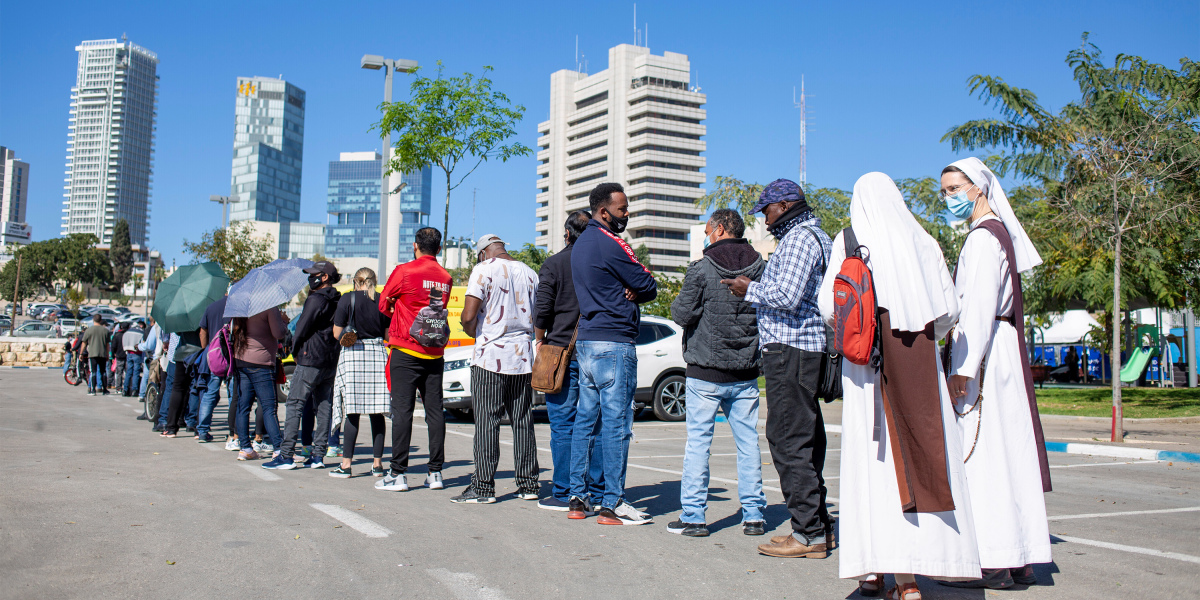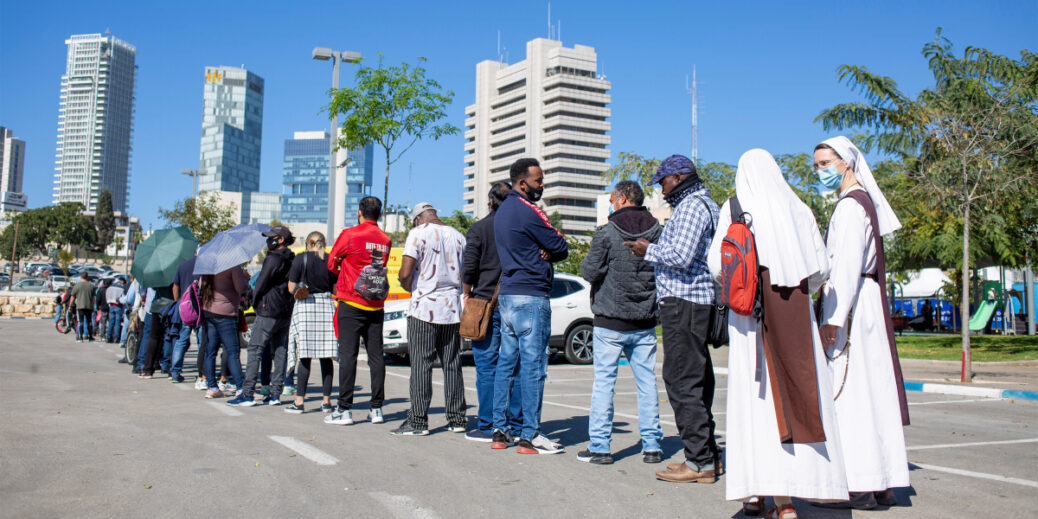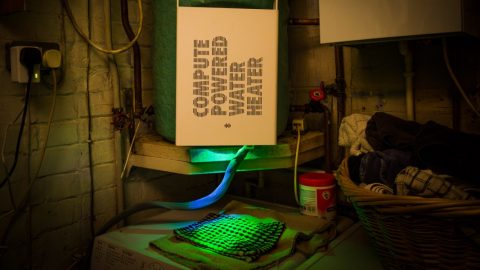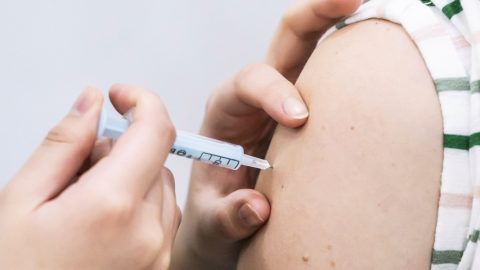
Pfizer did not confirm the authenticity of the study document. Its lead authors are Sharon Alroy-Preis, head of public health for Israel’s health ministry, and Eric Haas, a ministry researcher. In addition, the study was carried out by a team of eight Pfizer researchers, including epidemiologists Farid Khan and John McLaughlin and the company’s global medical lead for covid vaccines, David Swerdlow, an infectious disease expert previously with the US Centers for Disease Control and Prevention.
The research represents the first joint report by the health ministry and Pfizer since they reached an agreement earlier this year for Israel to share vaccination data in return for a steady supply of doses.
The cooperation is part of a wider effort by Pfizer to track how its vaccine, named Comirnaty, works in large populations. The company told MIT Technology Review earlier this week that it is studying “the vaccine’s real-world effectiveness at several locations worldwide, including Israel,” and “particularly looking at real-world data from Israel to understand any potential impact of the vaccine to protect against covid-19 arising from emerging variants.” Pfizer’s vaccine, like one from Moderna, another mRNA vaccine authorized for use in the US and Europe, uses two injections of messenger RNA carrying information about the virus to train people’s immune system to recognize and combat the infection.
The new findings are broadly consistent with separate announcements in recent days from two of Israel’s large health organizations, Maccabi Healthcare Services and Clalit Health Services, which together care for 80% of Israelis.
On February 14, Ran Balicer, chief of innovation and research at Clalit, the largest Israeli HMO, said that evidence collected on 1.2 million members “shows unequivocally that Pfizer’s coronavirus vaccine is extremely effective in the real world a week after the second dose.”
Other analyses suggest that serious infections and deaths have fallen among older Israelis, who got the vaccine first, but not among those younger than 44 who have not been vaccinated.
The Israeli report describes observations made during three weeks in January and February when researchers were able to compare health records of unvaccinated people and people who had gotten their second shot more than a week before. They then compared the groups for five covid-19 outcomes: infection, symptoms, hospitalizations, critical hospitalization, and death. The unpublished study says the vaccine was around 93% effective in preventing symptomatic covid-19. Pfizer and its partner, the German biotechnology firm BioNTech, had found 95% effectiveness in their clinical trials carried out in 2020. The country-wide study was also able to show that hospitalizations and deaths dropped by similar amounts in the vaccinated group.
Because Israel tests people fairly comprehensively, the researchers were also able to estimate that the vaccine was 89.4% effective in preventing any detectable infection at all, including asymptomatic infections.
That finding, which is new, suggests that the vaccine could strongly suppress transmission of the virus between people and could help bring the outbreak to an end, a possibility Pfizer and the Israeli researchers say they are closely watching. “Israel provides a unique opportunity to observe the nation-wide impact of an increasing prevalence of immunity on Sars-Cov-2 transmission,” the authors wrote. Eric Topol, a doctor at Scripps Research in California, who reviewed the document, says that “the blocking of infections here speaks to the vaccine’s impact on asymptomatic transmission, which we’ve been unsure about.”







Recent Comments